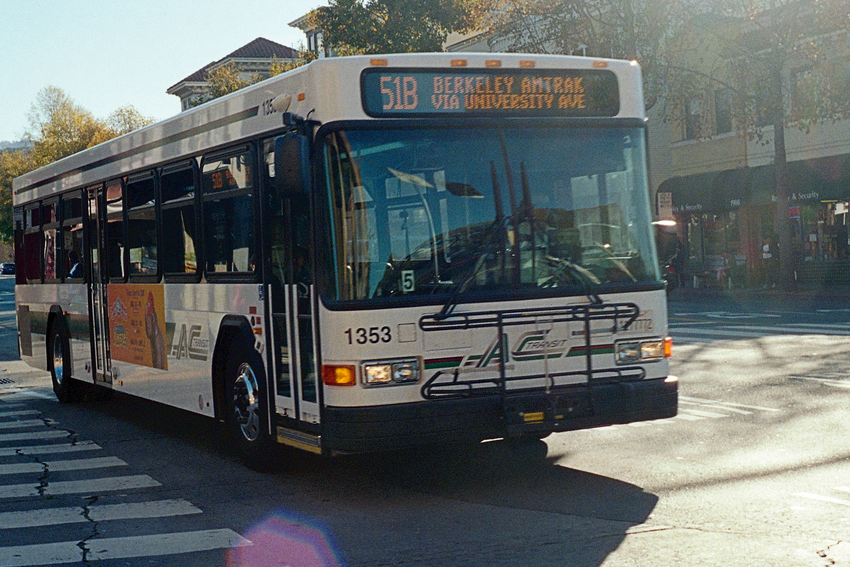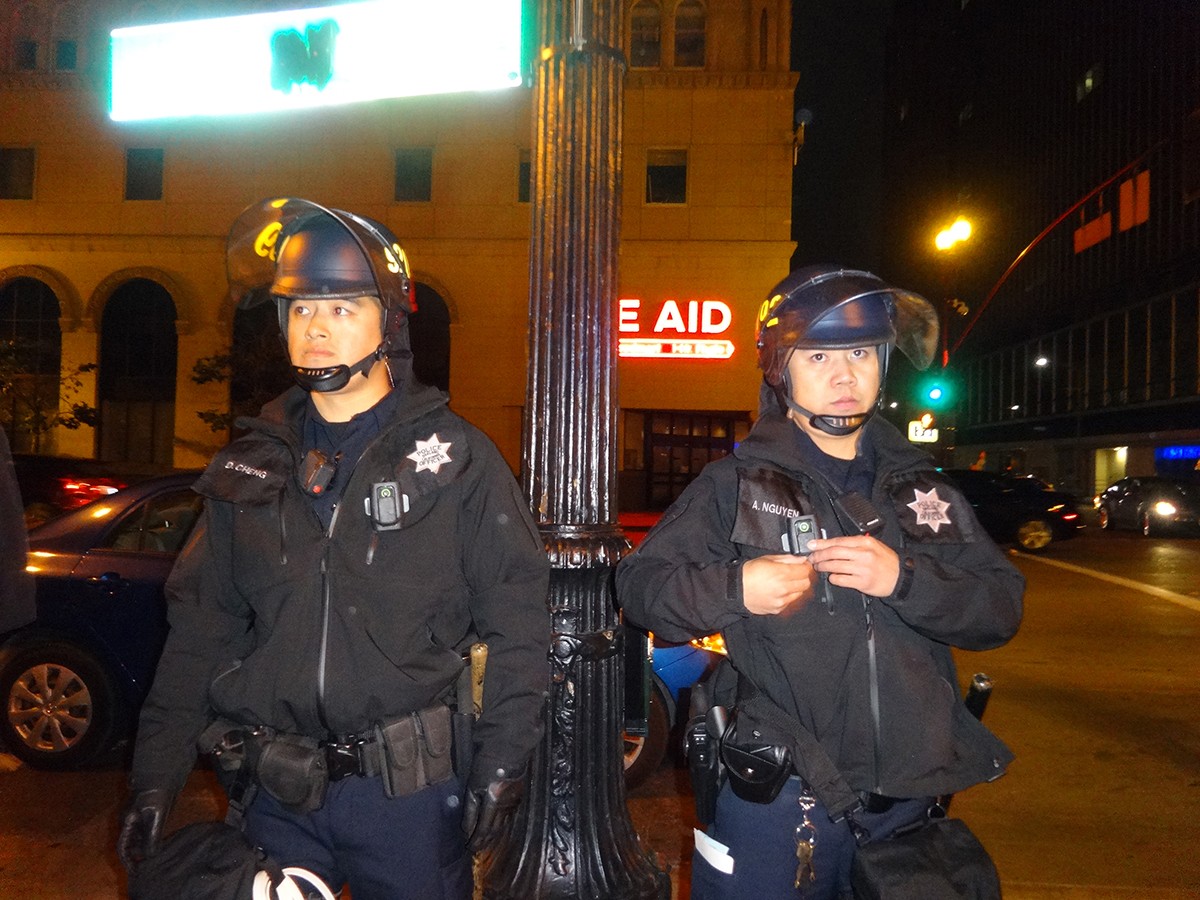
Pressure has been growing to reinstate the bus stop, however. And this week, Councilmember Rebecca Kaplan’s effort to reverse the decision is coming to the public works committee for a hearing.
“Rigged” city contract: At Tuesday’s finance committee meeting the Revenue Management Bureau — the city office that collects most of Oakland’s business, hotel, utility taxes, and parking fees, about $156 million last year — is asking for permission to purchase a $1.2 million tax software system to handle the billing and collection of these revenues. The Revenue Management Bureau (RMB) has already selected HDL Software as the winning bidder for the contract.
But there’s controversy. Oakland’s current provider of tax software, Progressive Solutions, Inc. (PSI) is calling the decision to award the contract to HDL a “rigged” process. According to Progressive Solutions, Oakland’s former Revenue and Tax Administrator David McPherson hatched a plan with HDL while he ran Oakland’s RMB to break the existing contract with PSI and hand it over to HDL. After breaking off ties with Progressive Solutions last year, and getting the ball rolling on a new contract, McPherson retired from the city. He was immediately hired by HDL, which was already preparing to bid for the Oakland contract. According to HDL’s web site, McPherson currently heads up the company’s medical marijuana tax program.
According to a protest letter sent by Progressive Solutions President Glenn Vodhanel to the City of Oakland on April 3, his company may seek a court injunction to prevent Oakland from awarding the contract to HDL. Vodhanel wrote in his letter:
We are alleging that the procurement process was corrupt because it appears that the decision to award this contract to Hdl was predetermined, even before the subject RFQ was issued. The bidding process was started by a Mr. David McPherson, the now former head of the City’s Revenue Administration department. Mr. McPherson, after being accused of violating city law, left the City and is now working for Hdl … We believe, and intend to prove as part of our lawsuit against the City, that PSI was terminated and Hdl is being “selected” for corrupt reasons. We believe that PSI’s unexpected termination under mysterious circumstances and this sudden need for new software is a ruse to provide a “kickback” or some other benefit to person, or persons, involved in the selection process.
Affordable Housing for Six Figure Incomes: Oakland city staff are proposing to redefine income limits for an affording housing program so that Oakland can spend millions to subsidize home ownership opportunities for middle class families who have also been priced out of Oakland’s housing market.
The First-Time Homebuyer Mortgage Assistance Program currently provides financial assistance to households that earn up to 100 percent of the area median income ($84,150 for a family of three) to obtain a mortgage and purchase a home in Oakland. The city wants to change the program so that households that earn up to 150 percent of the area median income ($126,230 for a family of three) can take advantage of the program.
City officials have said that the change is consistent with a past practice of periodically increasing the program’ income limit because the price of housing tends to rise faster than incomes, and as a result even the middle class are being priced out of Oakland now.
But housing activists slammed this proposal last month when it was first unveiled because it would siphon off affordable housing dollars from programs that benefit low-income Oakland residents in order to assist middle class homebuyers, many of whom may not currently reside in Oakland.
“The city has an obligation to affirmatively further fair housing,” said David Zisser, an attorney with the nonprofit legal aid group Public Advocates, during the public comment period at the March meeting. “This moves us in the opposite direction by shifting resources away from low-income to moderate-income residents.”

OPD wants to buy fifty more body cameras from Vievu for $63,500. The fifty new cameras will be used to outfit the fifty new police officers OPD expects to add to the existing force of 737 sworn officers in July when the latest police academy graduates.
In December, the Express reported that lobbyists with Taser International had been seeking meetings with city council members and police officials in hopes of poaching Vievu’s contract. At the time, OPD officials told the Express that there were no plans to reopen the contract, and that the department was happy with Vievu’s technology. But according to Oakland Police Chief Sean Whent’s report to the public safety committee this week, “OPD has begun the competitive bidding process and will be issuing a [request for proposals] by July 1, 2016 to replace and modernize the entire fleet of BWCs and related software and equipment.”
This multi-million dollar contract is sure to result in a heated competition between Vievu and Taser, and perhaps other companies that are hoping to enter the lucrative police body camera market.












